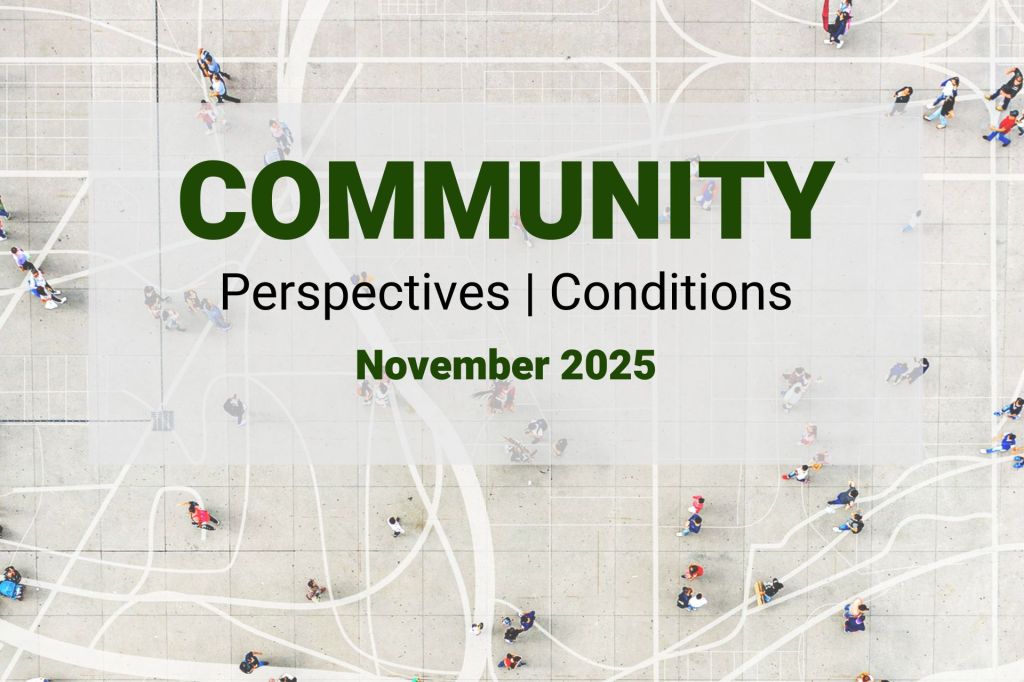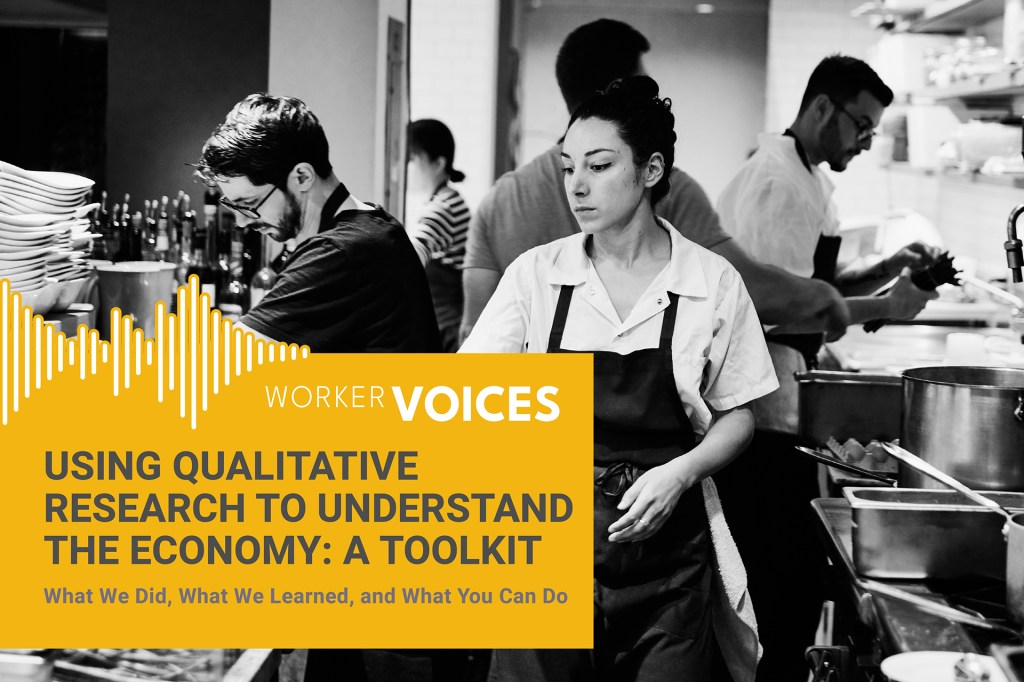-
Investing in health, tribal nations reap more than economic benefits

Improving and growing their health care infrastructure with their communities front of mind, three tribal nations in Oklahoma fuel employment, expand quality health care access, and enhance economic benefits for Native American citizens and the broader regional economy.
Upcoming Events

Latest news and views
Get insights from the Fed’s community development teams and their collaborators.
-

Community perspectives and conditions from the Fed’s Beige Book, November 2025
Here’s what nonprofit and community leaders, and workforce professionals serving lower-income people shared with the Federal Reserve for the November 2025 Beige Book.
-
![[Watch] How Your Experience of the Economy Matters to the Fed: A Conversation with Governor Michael S. Barr](https://fedcommunities.org/wp-content/uploads/2025/10/connecting-communities-how-experience-economy-matters-fed-conversation-governor-barr.jpg?w=1024)
[Watch] How Your Experience of the Economy Matters to the Fed: A Conversation with Governor Michael S. Barr
During this Connecting Communities webinar, Federal Reserve Governor Michael S. Barr shares what he is hearing from communities around the country and the value he and the Fed gain from these community insights. Watch or listen on demand.
-

Community perspectives and conditions from the Fed’s Beige Book, October
Here’s what nonprofit and community leaders, and workforce professionals serving lower-income people shared with the Federal Reserve for the October 2025 Beige Book.
-

Why community conversations matter in monetary policy
Beth M. Hammack, president and chief executive officer of the Federal Reserve Bank of Cleveland, reflects on her first year as a Fed president and how listening to community stakeholders plays a significant role in the decisions and actions the Fed takes to promote a healthy economy.
Explore data and research
From survey findings to dashboards, the Fed’s data can inform collaborative efforts between policymakers, employers, and educators.
-
 Read more →: 2025 Community Perspectives Survey: Insights from the field—Health of entities serving low- and moderate-income communities
Read more →: 2025 Community Perspectives Survey: Insights from the field—Health of entities serving low- and moderate-income communities2025 Community Perspectives Survey: Insights from the field—Health of entities serving low- and moderate-income communities
The second report from the 2025 Community Perspectives Survey highlights how LMI-serving organizations are managing demand, funding, and staffing. While many can meet community needs, challenges like resource strain and adapting to uncertainity are impacting their overall organizational health.
-
 Read more →: 2025 Community Perspectives Survey: Insights from the field—Economic conditions in low- and moderate-income communities
Read more →: 2025 Community Perspectives Survey: Insights from the field—Economic conditions in low- and moderate-income communities2025 Community Perspectives Survey: Insights from the field—Economic conditions in low- and moderate-income communities
The 2025 Community Perspectives Survey, conducted nationally by the Federal Reserve, provides an overview of economic conditions in low- and moderate-income (LMI) communities. The first report examines key findings in the areas of housing, employment, financial stability, health, education, small business and access to technology.
-
 Read more →: Fostering maximum employment: Why the Federal Reserve studies investments in America’s workforce
Read more →: Fostering maximum employment: Why the Federal Reserve studies investments in America’s workforceFostering maximum employment: Why the Federal Reserve studies investments in America’s workforce
The Federal Reserve’s dual mandate includes promoting maximum employment. This article features examples of the various ways Fed research, outreach, and partnerships contribute to achieving this optimal state of the labor market.
-
 Read more →: Using Qualitative Research to Understand the Economy: A Toolkit
Read more →: Using Qualitative Research to Understand the Economy: A ToolkitUsing Qualitative Research to Understand the Economy: A Toolkit
The toolkit offers insights on using community-engaged qualitative research practices gleaned from the Federal Reserve’s Worker Voices Project and shows how others can use these methods in their own work. This toolkit is for researchers, policymakers, employers, and workforce organizations interested in partnering with the populations they serve and elevating community perspectives.





